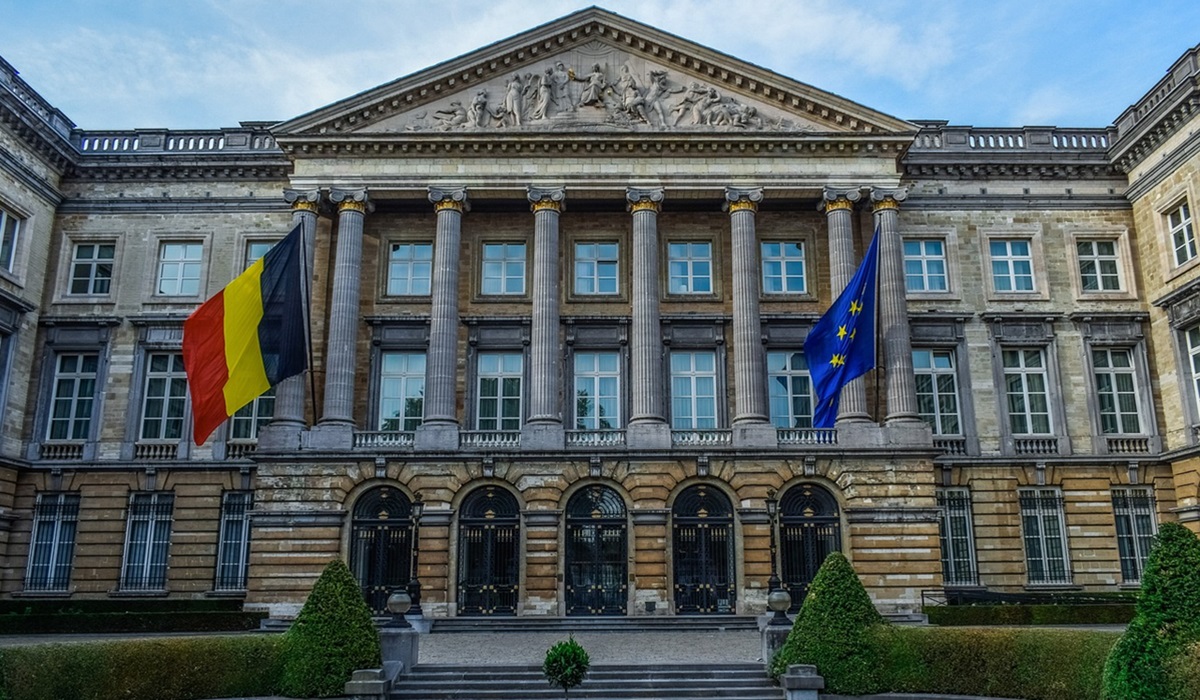Belgium Stands Alone: Halting Arms Sales to Israel While Giants Look the Other Way
- TDS News
- Europe
- Middle East
- Trending
- February 7, 2024

Image Credit, Dimitris Vetsikas
Following the International Court of Justice’s (ICJ) sobering decision urging Israel to prevent genocide in Gaza, a stark divide has emerged on the global stage. While the regional government of Wallonia in Belgium has taken a decisive stand, suspending arms exports to Israel, major powers like the US, UK, and Canada have chosen to maintain their flow of weaponry. This contrasting response lays bare the complex interplay of ethical responsibility, political interests, and economic ties in the international arms trade.
Belgium’s move, though geographically small, carries a symbolic weight that cannot be ignored. It underscores a deep national unease over potentially contributing to human rights violations through arms sales. The ICJ’s ruling, fueled by the “unacceptable deterioration of the humanitarian situation” in Gaza, served as a powerful trigger for Belgium to prioritize human rights over economic interests.
However, for countries like the US, the equation is far more intricate. Entangled in a web of political alliances and economic dependence on the defense industry, severing ties with Israel proves a daunting task. Billions of dollars in aid and weapons have flowed between the two nations, creating a powerful lobby that fiercely guards these lucrative ties. Shutting down the spigot, even in the face of potential genocide, becomes an unpalatable option for many elected officials whose campaigns are heavily influenced by these same defense contractors.
This highlights the uncomfortable truth: upholding ethical principles often clashes head-on with entrenched economic and political realities. While Belgium, perhaps due to its smaller scale and less complex alliances, can afford to prioritize its moral compass, for larger powers, the equation is riddled with difficult trade-offs. The path to ethical action becomes a tightrope walk, balanced precariously between upholding values and safeguarding powerful vested interests.
The ICJ’s ruling stands as a stark reminder of the human cost often embedded in our international dealings. It throws a spotlight on the responsibility of nations to prevent atrocities, even when economic and political expediency might point in the opposite direction. Belgium’s decision, though met with criticism from some, serves as a beacon of courage, urging the world to confront the ethical dilemmas buried within the international arms trade. Whether other nations will follow suit remains to be seen, but the ICJ’s verdict has undoubtedly shifted the conversation, making it harder to ignore the potential consequences of turning a blind eye.








